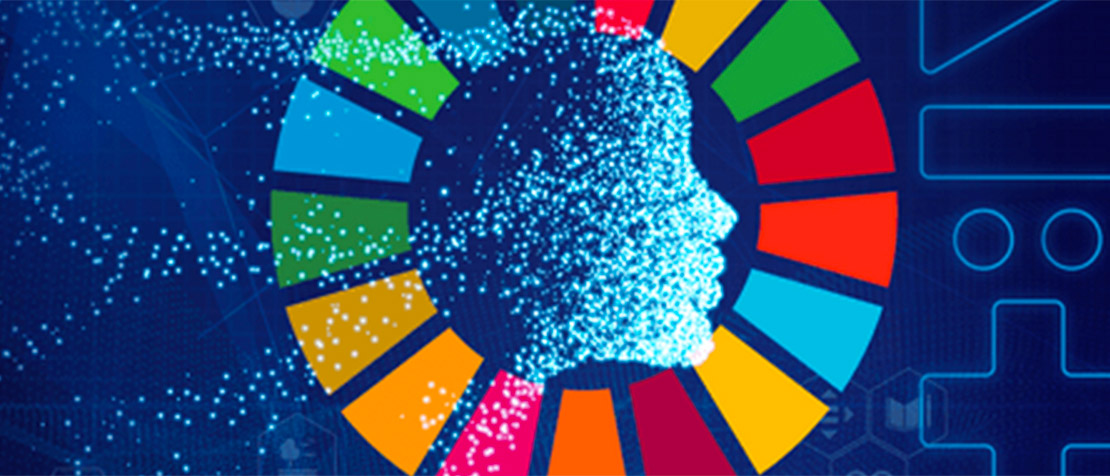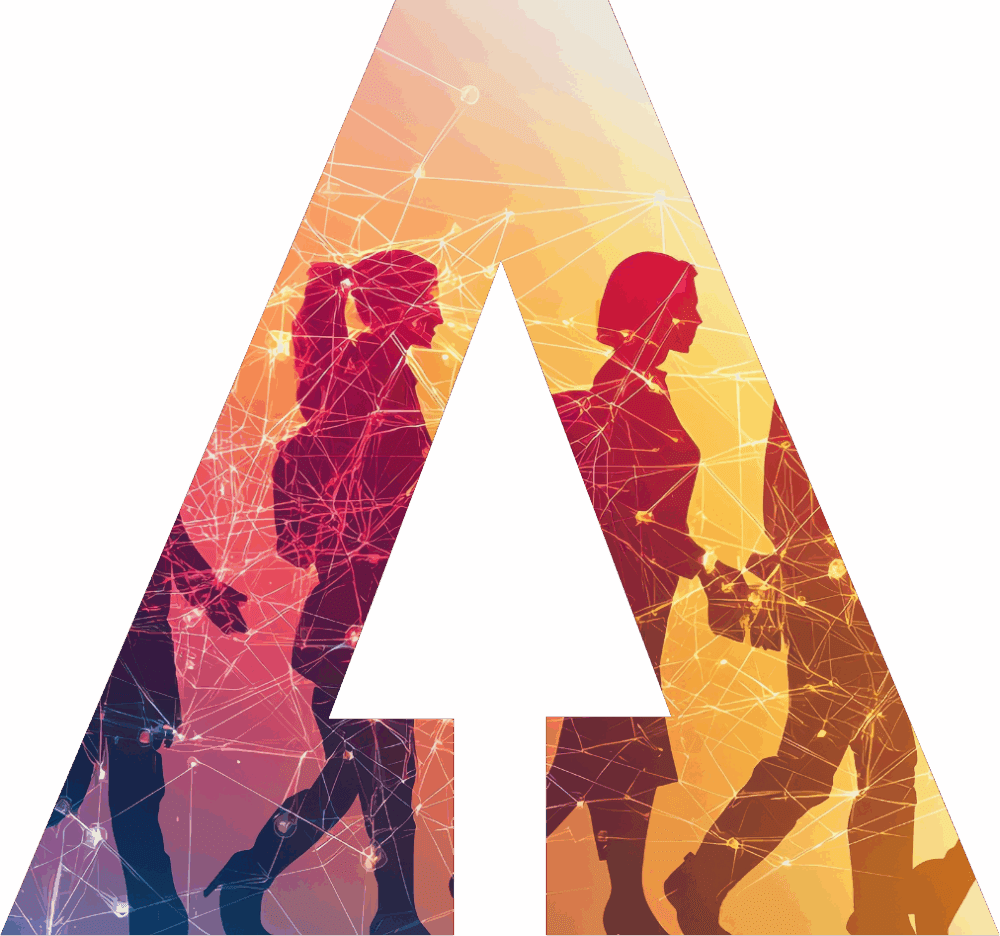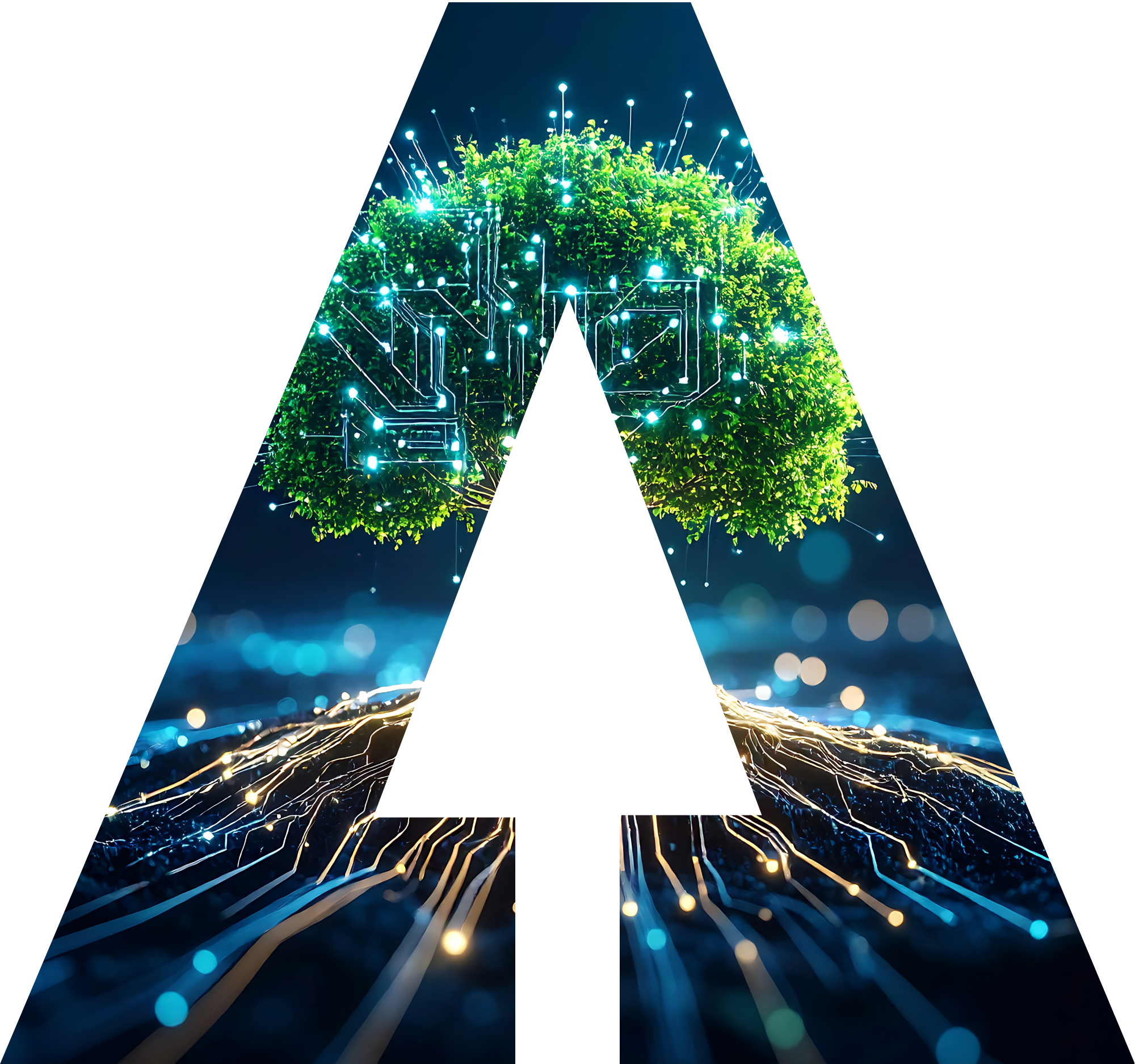Last week’s 3rd annual AI for Good Global Summit once again showcased the growing number of Artificial Intelligence (AI) projects with promise to advance the United Nations Sustainable Development Goals (SDGs).
Now, using the Summit’s momentum, AI innovators and humanitarian leaders are prepared to take the ‘AI for Good’ movement to the next level.
They are working together to launch an ‘AI Commons’ that aims to scale AI for Good projects and maximize their impact across the world.
The AI Commons will enable AI adopters to connect with AI specialists and data owners to align incentives for innovation and develop AI solutions to precisely defined problems.
“The concept of AI Commons has developed over three editions of the Summit and is now motivating implementation,” said ITU Secretary-General Houlin Zhao in closing remarks to the summit. “AI and data need to be a shared resource if we are serious about scaling AI for good. The community supporting the Summit is creating infrastructure to scale-up their collaboration − to convert the principles underlying the Summit into global impact.”
Scaling ‘AI for Good’ projects
The AI for Good series identifies practical applications of AI to accelerate progress towards the United Nations Sustainable Development Goals. It connects AI innovators with public and private-sector decision-makers, building collaboration to maximize the impact of ‘AI for Good’.
The 3rd AI for Good Global Summit in Geneva, 28 to 31 May 2019, highlighted AI projects in fields including education, healthcare and wellbeing, social and economic equality, space research, and smart and safe mobility.
The community supporting the summit is advancing AI technologies and applications, working to bridge skills gaps between AI developers and adopters, and defining safe and ethical approaches to AI. Their overarching goal is to create the new partnerships required to ensure that high-potential ‘AI for Good’ projects achieve impact on a global scale.
The AI for Good community includes a wide range of innovators, investors, data owners and humanitarian actors.
A ‘collaboration network’
The AI Commons will offer them a “collaboration network” said Amir Banifatemi, General Manager of Innovation and Growth at XPRIZE and Chairman of the AI for Good Programme Committee.
“How you state the problem, how you share the data, and how you design and test your algorithms needs to be as easy as ordering a taxi using a ride-hailing app if we are really serious about scaling AI to solve global challenges.” — Fred Werner, ITU
“There is a chasm in terms of solving problems,” said Banifatemi. “Those who are expert, knowledgeable, scientists, technologists have a way to understand problems and treat them, and they need data, they need context … they have a scientific method behind it. On the other side, there are a number of individuals and organizations that have problems to be solved.”
The AI Commons will provide an open framework for collaboration, a decentralized system to democratize problem solving with AI.
It aims to be a “knowledge space”, says Banifatemi, answering a key question: “How can problem solving with AI become common knowledge?”
“The goal is to be an open initiative, like a Linux effort, like an open-source network, where everyone can participate and we jointly share and we create an abundance of knowledge, knowledge of how we can solve problems with AI,” said Banifatemi.
AI development and application will build on the state of the art, enabling AI solutions to scale with the help of shared datasets, testing and simulation environments, AI models and associated software, and storage and computing resources.
“We are facing problems of a scale that requires some assertive use of some new technologies,” said Steve Leonard, Founding CEO of SGInnovate, a Singapore-based ‘venture-catalyst’ firm. “I don’t necessarily think that it’s going to be a function of research as much as it’s going to be a function of deployment and iteration and ongoing learning.”
The AI Commons is expected to accelerate this deployment, iteration and ongoing learning.
“In order to for AI to be truly useful, you need to have a very clear and well-defined problem statement and intake mechanism. That is why it is so important to not only connect problem owners with AI innovators, but also to make sure that they can speak the same language. With the Commons, we want to make it easy to find the partners and tools necessary to solve problems with AI,” says Fred Werner, Head of Strategic Engagement for ITU’s Telecommunication Standardization Bureau. “How you state the problem, how you share the data, and how you design and test your algorithms needs to be as easy as ordering a taxi using a ride-hailing app if we are really serious about scaling AI to solve global challenges.”
Learn more about the emerging AI Commons at https://aicommons.com/.
The AI commons is an initiative supported by ITU, the XPRIZE Foundation, Mila, IEEE Standards Association, Anima, HEC Paris, the Center for Human-Compatible Artificial Intelligence, PwC, Radiant Earth, McGovern Foundation, Fondation Botnar, the Pontifical Academy of Sciences, Enovant Foundation, The Future Society, Ocean Protocol, Inspired Minds, Camera Culture at MIT, Element AI, District 3, Wadhwani AI, Swissnex Network, Sahara Ventures, and Hong Kong’s Center for Artificial Intelligence Research.


 Register here
Register here












